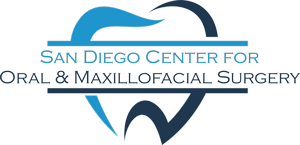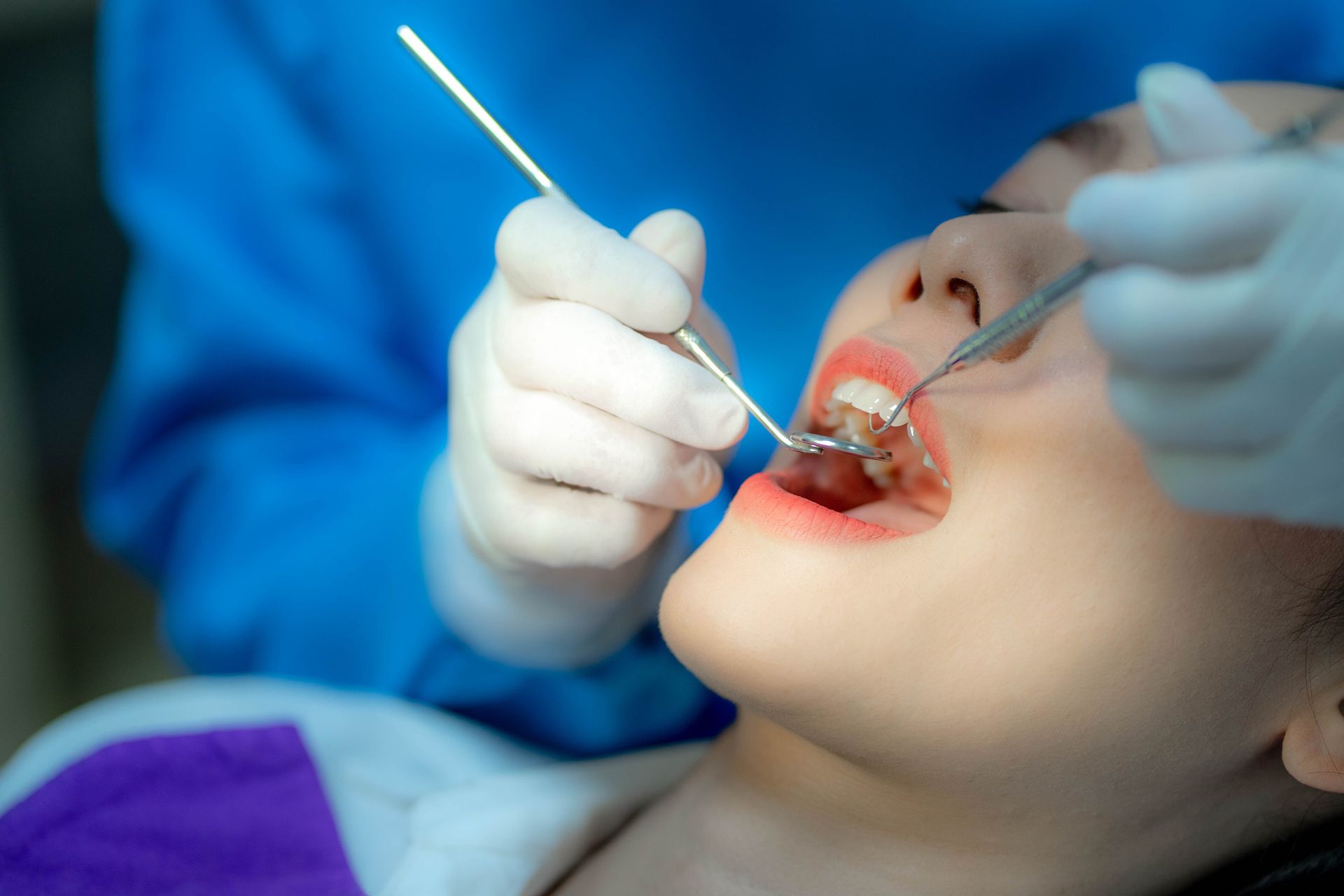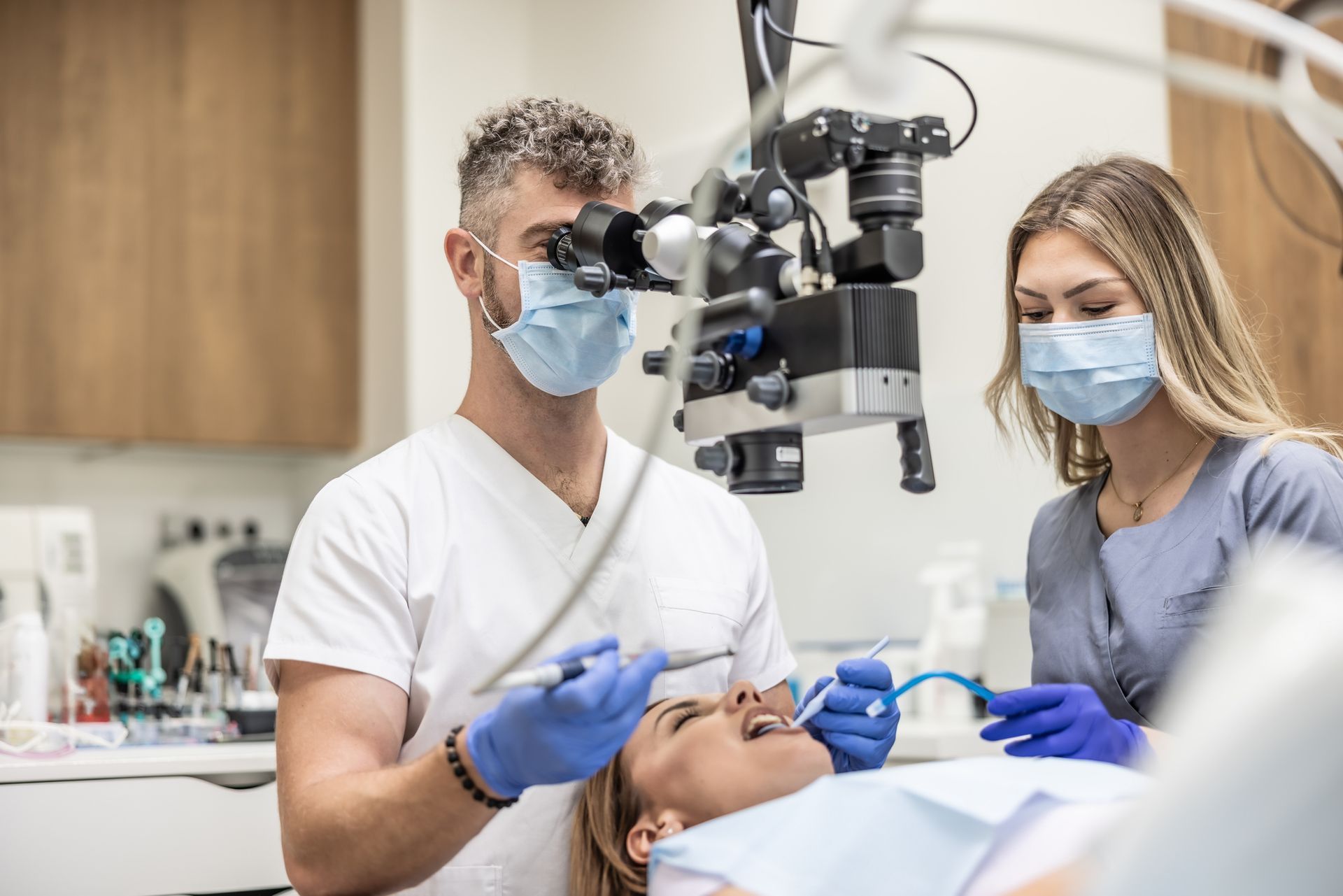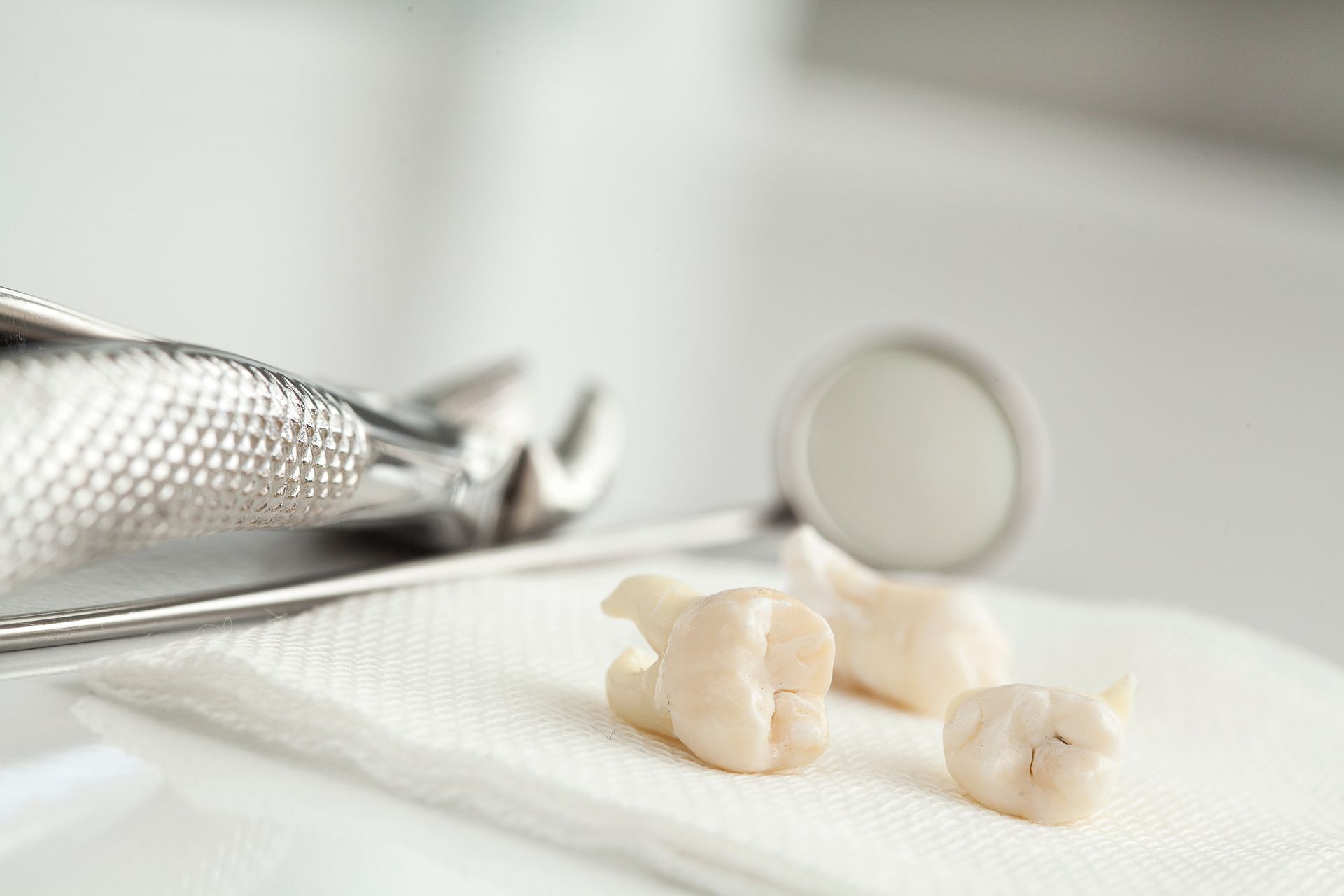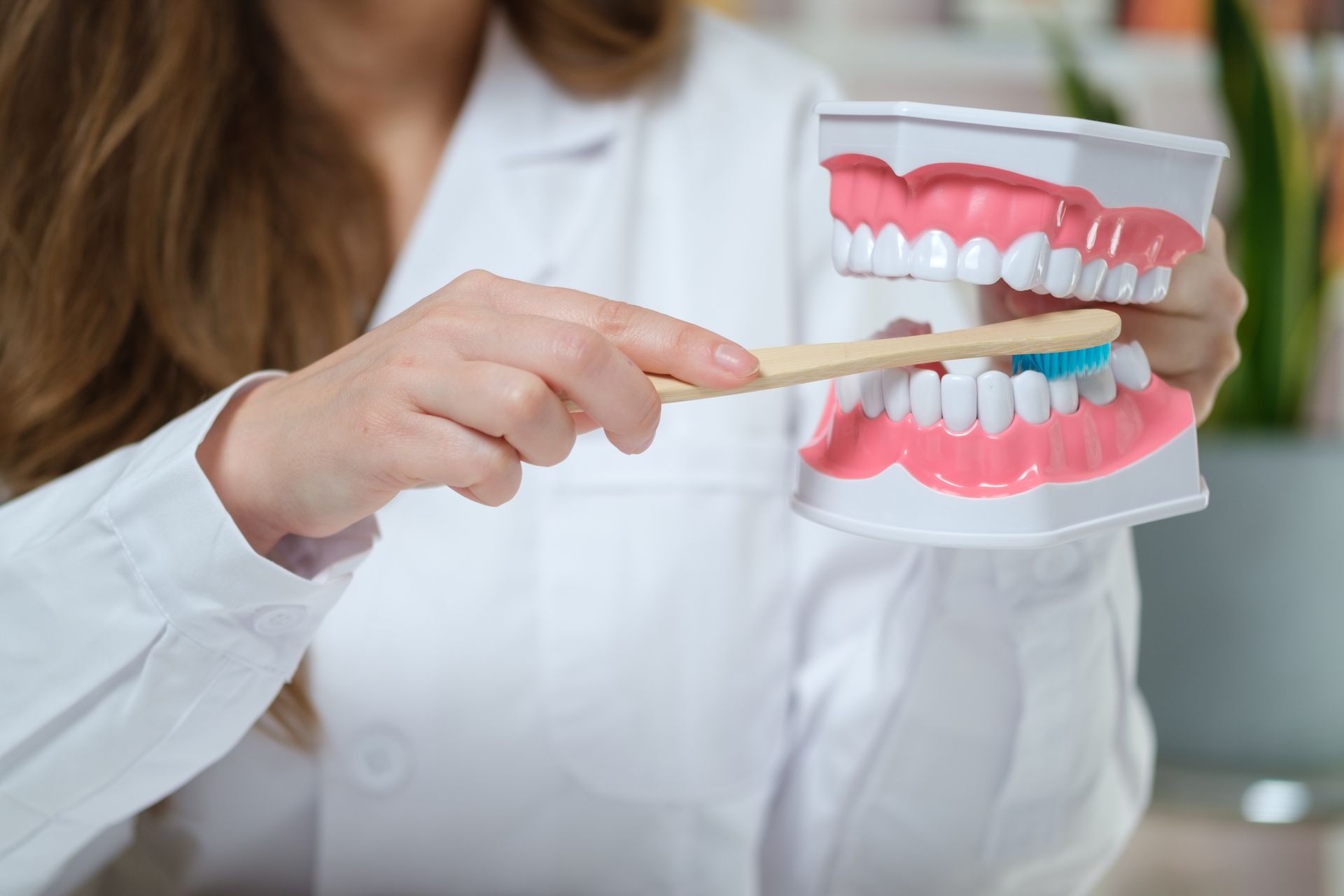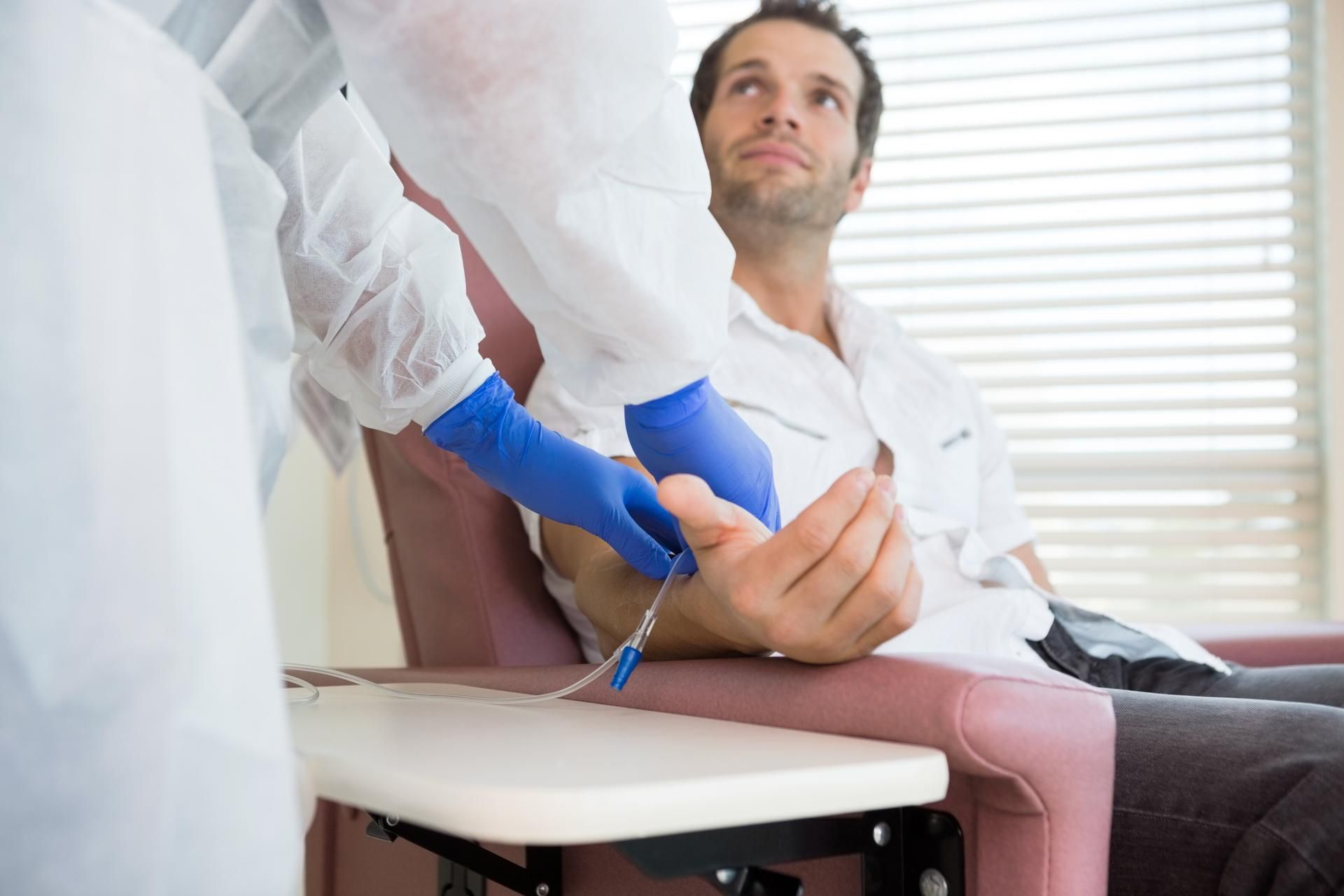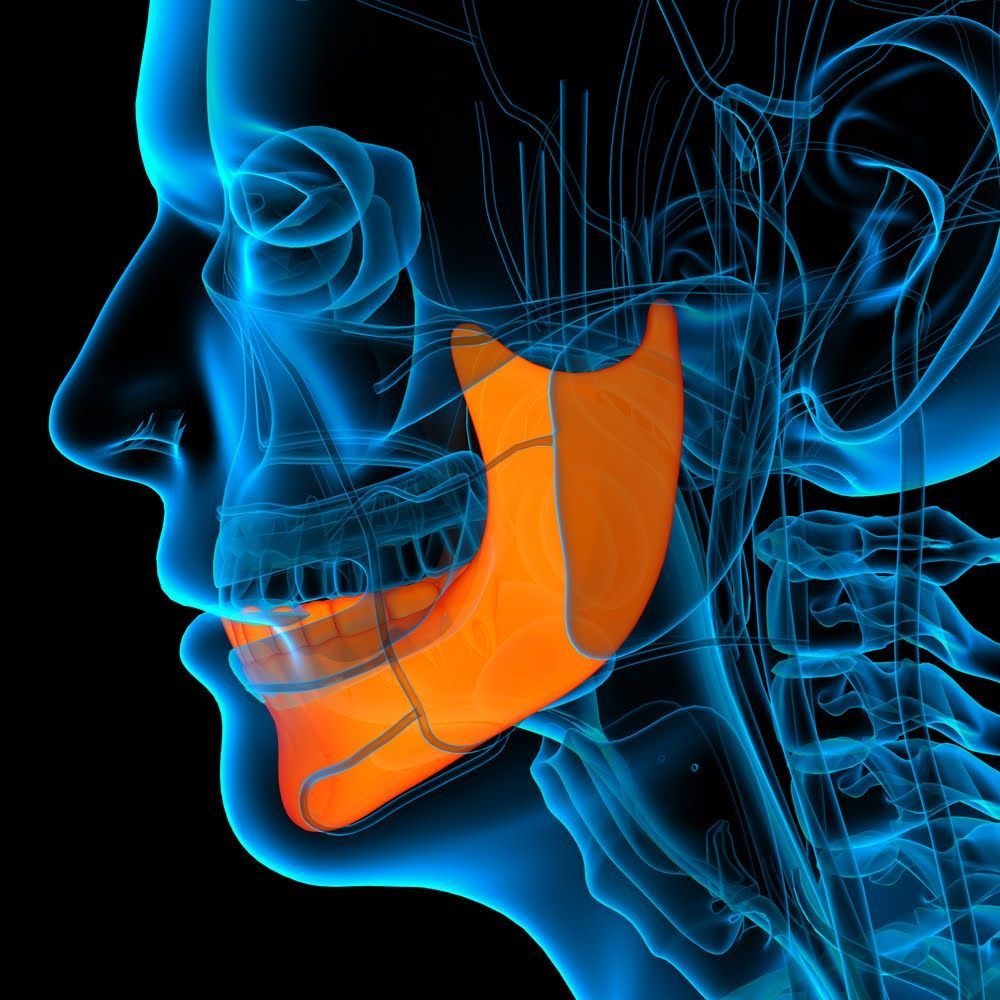The Top Tips to Make Your Oral Surgery Easier
Admin • September 11, 2020
The Top Tips to Make Your Oral Surgery Easier

How should you prepare for oral surgery? Before the day of your appointment arrives, take a look at what you need to know to make your procedure and the post-op period go smoothly.
Talk to the Oral Surgeon
The oral surgeon can provide you with pre-op instructions for the weeks and days leading up to your procedure. The instructions will also include what you need to know about the surgery and how to prepare for the post-operative period.
Review the instructions and ask any procedure or recovery-based questions you may have, such as:
- Does the procedure require anesthesia? Many common oral surgery procedures, such as wisdom teeth removal, require some type of sedation. To prepare for anesthesia, the surgeon may ask you not to eat or drink anything for several hours before the procedure.
- How long will the surgical appointment take? To better plan your procedure day, ask the surgeon how long the entire appointment will last. This includes check-in, a possible pre-op exam, anesthesia administration, the procedure, and in-office recovery time.
- Can you drive yourself to the appointment? You will need a responsible adult to drive you to and from your appointment if you require sedation. If you don't need sedation, ask the surgeon whether you'll feel well enough to drive yourself home safely.
- Should you take medications before the surgery? Do you take regular prescriptions, over the counter medications, or supplements? The dentist may want you to discontinue some types of medications or supplements in the days or weeks before the surgery.
- What can you expect after surgery? This question can help you to prepare for the post-op period and gives you a better idea of what is/isn't normal after the procedure.
Along with these common questions, you may have a few that are specific to your health needs or the procedure. Write a list of questions to refer to before you call the surgeon. This can help you to prepare for the conversation and your upcoming surgery.
Go to the Pharmacy
Some patients may need to take medications after an oral surgery. If you're not sure whether you'll need medications or not, add this question to your pre-appointment discussion list.
While specific oral or dental procedure-related medications vary, common post-op options include:
- Pain relievers. Wisdom tooth removal, additional extractions, and some other procedures may have moderate to severe discomfort afterwards. The surgeon may prescribe pain relievers or suggest an over-the-counter (OTC) option.
- Antibiotics. If there's an infection risk, the surgeon may prescribe antibiotics to reduce the post-operative risks.
- Post-surgical mouthwash. Instead of an oral antibiotic, the surgeon may prescribe or recommend a post-surgical mouthwash product.
A pre-appointment day trip to the pharmacy can save you time, energy, and unnecessary discomfort. You may not have the ability to drive (if your procedure requires sedation) or may have too much pain to stand in line at the pharmacy counter after your surgery. If you fill prescriptions and buy recommended OTC medications beforehand, you won't have to worry about these issues.
Pick Up the Right Groceries
Stop at the grocery store after your pre-op trip to the pharmacy. This also helps you to prepare for your surgery and reduces the need for potentially uncomfortable trips to the store immediately after your procedure.
Shop the day before your procedure for:
- Soft foods. Tooth extractions and some other procedures may make it difficult to chew tough foods for the first few days after your procedure.
- Beverages. Not only will you need soft foods, but you also need plenty of liquids. These pass easily through the oral surgical area and will keep you hydrated.
- Meals. If you won't feel like leaving your house for a few days, stock up on meal staples before the procedure.
If you're not sure what foods to buy before your procedure, consider easy-to-eat items such as yogurt, soup, ice cream, pudding, or scrambled eggs.
Do you need dental surgery? Contact The San Diego Center for Oral & Maxillofacial Surgery
for more information.
